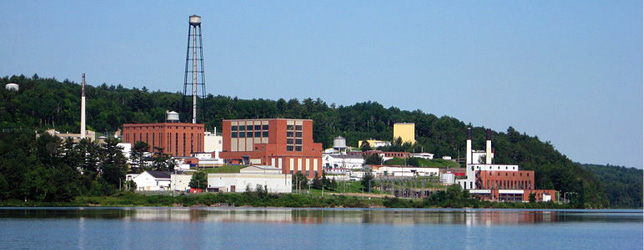FDA Approves U.S.-based Source of Tc-99m
Domestic source may prevent future shortages
The most widely used radioisotope in medical imaging, Technetium-99m (Tc-99m), may once again be extensively available in the United States due to a new approval from the U.S. Food and Drug Administration (FDA).
The FDA, with guidance and licensing support from the Nuclear Regulatory Commission (NRC), has approved the RadioGenix System, a unique system for producing Tc-99m. The NRC will license NorthStar Medical Radioisotopes, LLC, the company that created the RadioGenix System, to enable the Tc-99m it produces to be used for its medical purpose.
The RadioGenix System is an innovative, high tech radioisotope separation platform indicated for use in producing Tc-99m from NorthStar’s non-uranium based Molybdenum-99 (Mo-99), the parent of Tc-99m. Previously, Mo-99 could only be produced from enriched uranium by several facilities outside of the U.S. This required a complicated supply chain that involved shipping enriched uranium from the U.S. This left the U.S. vulnerable to possible shortages and/or supply chain issues.
Last year, Canada shut down it’s National Research Universal reactor in Chalk River, Ontario, which produced a major share of the world’s medical radioisotopes. RSNA News covered the story in May 2017.
To prevent future shortages, production expansions are expected in 2018 from the three existing global Mo-99 suppliers: ANSTO Nuclear Medicine in Australia, Curium in France (the company formed by the purchase of Mallinckrodt Nuclear Medicine by IBA Molecular) and NTP Radioisotopes SOC Ltd. in South Africa.
The RadioGenix System is approved to produce sodium pertechnetate Tc-99m injections, which can be injected intravenously, instilled into the bladder or eye or used with other FDA-approved imaging drugs to examine specific tissues and organs.

Web Extras
- Read the FDA announcement at https://www.fda.gov/NewsEvents/Newsroom/PressAnnouncements/ucm595990.htm